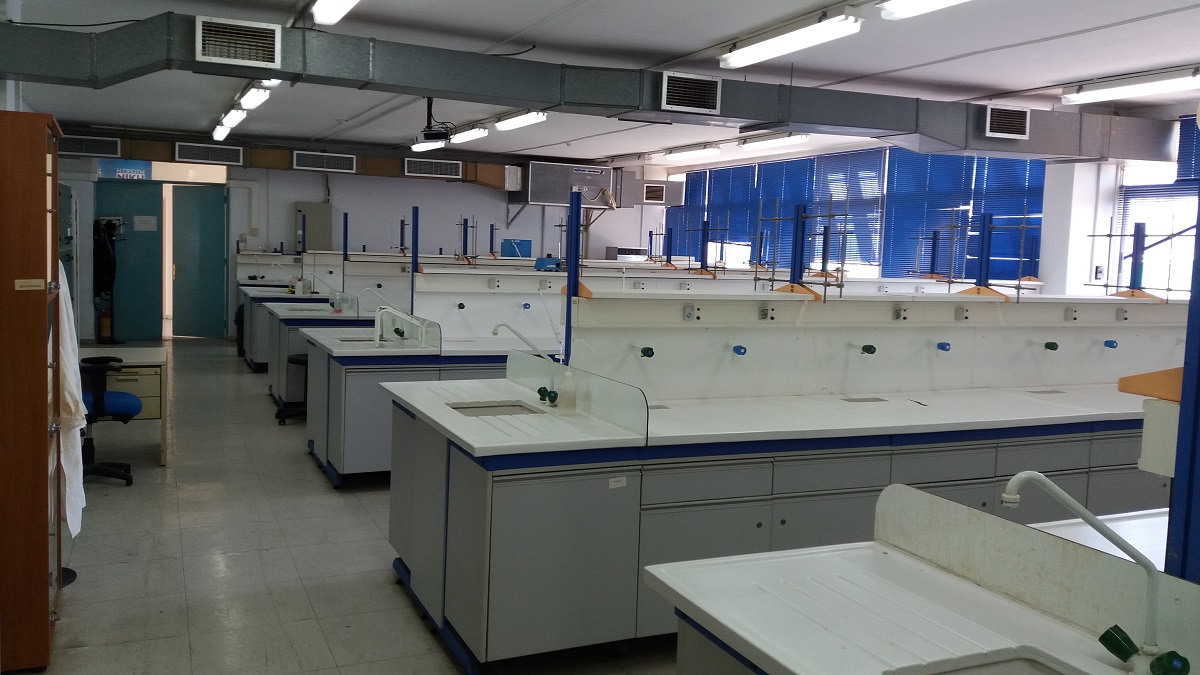The aim of the Department of Education is to provide modern and comprehensive education to its students taking into account the most modern requirements at the international level and adopting modern and innovative practices, both in their theoretical and practical training. The 5-year duration of studies in the Department which in the future is expected to lead to the awarding of the title of Integrated Master Level 7, to its graduates, offers a number of credits (ECTS) the total of which in each semester should be exactly 30.
The aim of the Curriculum of the Department of Food Science & Technology as a member of the School of Agricultural Sciences of the University of Patras, is to provide modern and comprehensive education to its students taking into account the most modern requirements at international level and adopting modern and innovative practices in both theory and innovation. as well as in their practical training. In addition, the interdisciplinary nature of the department’s programme of study ensures the possibility of interactions with other sciences to address a variety of agricultural issues. The 5-year duration of studies at the Department of Food Science and Technology is expected in the future to lead to the awarding of the title of Integrated Master Level 7, to its graduates, offering them a great comparative advantage over other 4-year courses. In this context, the students of the department have the opportunity to develop research skills through their Thesis which is mandatory.
The Curriculum of the Department of Food Science & Technology provides the necessary education to graduates with the ultimate goal of training scientists who possess skills (skills to apply knowledge and use of know-how) related to:
- (a) knowledge of food chemistry, engineering and microbiology;
- (b) knowledge of technology for the manufacture, preservation, packaging and marketing of a wide variety of food products of plant and animal origin;
- (c) the ability to carry out quality controls on food products;
- (d) the development of new safe and quality foods with high nutritional value, attractiveness and safety for consumers;
- (f) the basic knowledge of the organization and management of food businesses and the general development of entrepreneurship,
- (g) the basic principles of legislation and ethics governing the production and distribution of food products.
